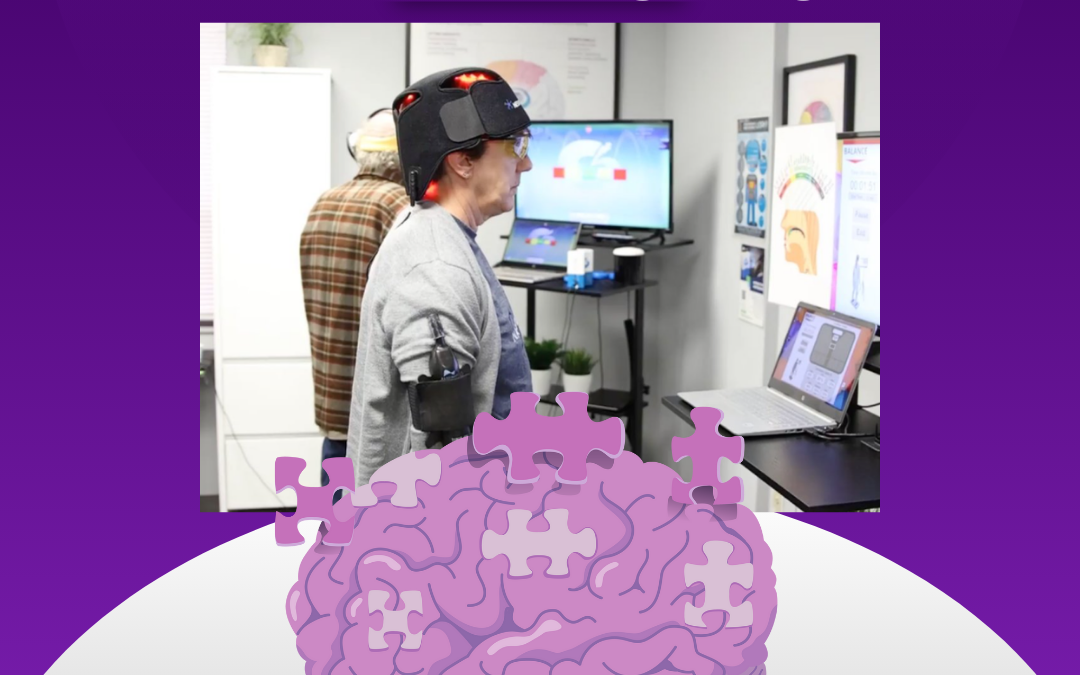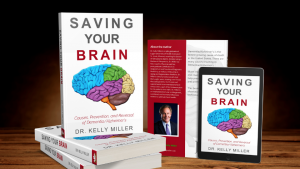November is Alzheimer’s Awareness Month—a time to reflect on how innovative programs and compassionate care can change the lives of those affected by Alzheimer’s. One such program making waves in the world of cognitive health is the Intensive Program at Saving Your Brain, led by Kelly Miller, NMD. Known for its immersive, tailored approach to brain health, Saving Your Brain’s Intensive Program is helping patients with Alzheimer’s find renewed hope and improved quality of life.
A Unique Approach to Memory Care
Saving Your Brain’s Intensives are not conventional treatment programs. They’re designed to address each patient’s specific needs through a week-long, personalized experience aimed at enhancing cognitive function and memory. Unlike standard memory care, which often focuses on general care, these Intensives delve deep into the underlying factors impacting each individual’s brain health. Through comprehensive initial assessments, including brain mapping, Miller and his team identify the areas where patients need targeted support, paving the way for customized therapy plans that tackle each patient’s unique challenges.
This individualized, science-backed approach is ideal for Alzheimer’s patients, where the window for meaningful improvement can be narrow. Patients and families travel from across the country to spend a transformative week with Miller’s team, experiencing concentrated therapies that have shown measurable, lasting benefits.
What to Expect: Customized Programs for Memory Enhancement
The week-long Intensive is carefully designed to stimulate the brain with a combination of neurofeedback, photobiomodulation (light therapy), and other specialized techniques that support neuroplasticity—the brain’s natural ability to reorganize and form new connections. During this program, patients engage in:
- Neurofeedback Therapy: A non-invasive, real-time brain training that guides the brain toward healthier patterns of activity. It’s particularly effective for Alzheimer’s patients as it helps rebuild neural pathways essential for memory and cognitive functions.
- Photobiomodulation Therapy: Using precise light frequencies, this therapy supports cellular energy by improving blood flow and mitochondrial function, both of which are vital for memory and cognition.
- Nutritional & Lifestyle Guidance: Comprehensive lifestyle support, including dietary recommendations and supplements, empowers patients to sustain brain health improvements long after the program ends.
Real Stories, Real Hope
Patients often experience noticeable changes within just a few days of intensive care. Many report improved mental clarity, better memory recall, and more engagement with loved ones. For families, these changes bring hope and joy, enhancing moments that matter. While no cure for Alzheimer’s exists, these small victories can make a profound difference in daily life, giving patients and their families time and experiences they might have feared losing.
Why People Travel to Saving Your Brain
The Intensive Program at Saving Your Brain has earned a reputation for its compassionate care and cutting-edge approach to Alzheimer’s treatment. Patients from all over the country make the journey to Saving Your Brain in Kansas City, Missouri, because they know they’ll receive personalized care and access to innovative therapies under Miller’s guidance. His dedication to patient well-being and commitment to discovering new methods for improving brain health make Saving Your Brain a trusted destination.
Learn More During Alzheimer’s Awareness Month
In honor of Alzheimer’s Awareness Month, you’re invited to join Saving Your Brain University and access exclusive educational webinars to deepen your understanding of Alzheimer’s and brain health. To learn more and register, visit Saving Your Brain University.
Alzheimer’s remains one of the most complex neurodegenerative diseases, but the Intensive Program at Saving Your Brain offers a new pathway forward. Through dedication, innovation, and a personalized approach, Kelly Miller, NMD, and his team are helping patients and families hold onto memories, improve relationships, and experience a fuller quality of life despite the challenges of Alzheimer’s.


